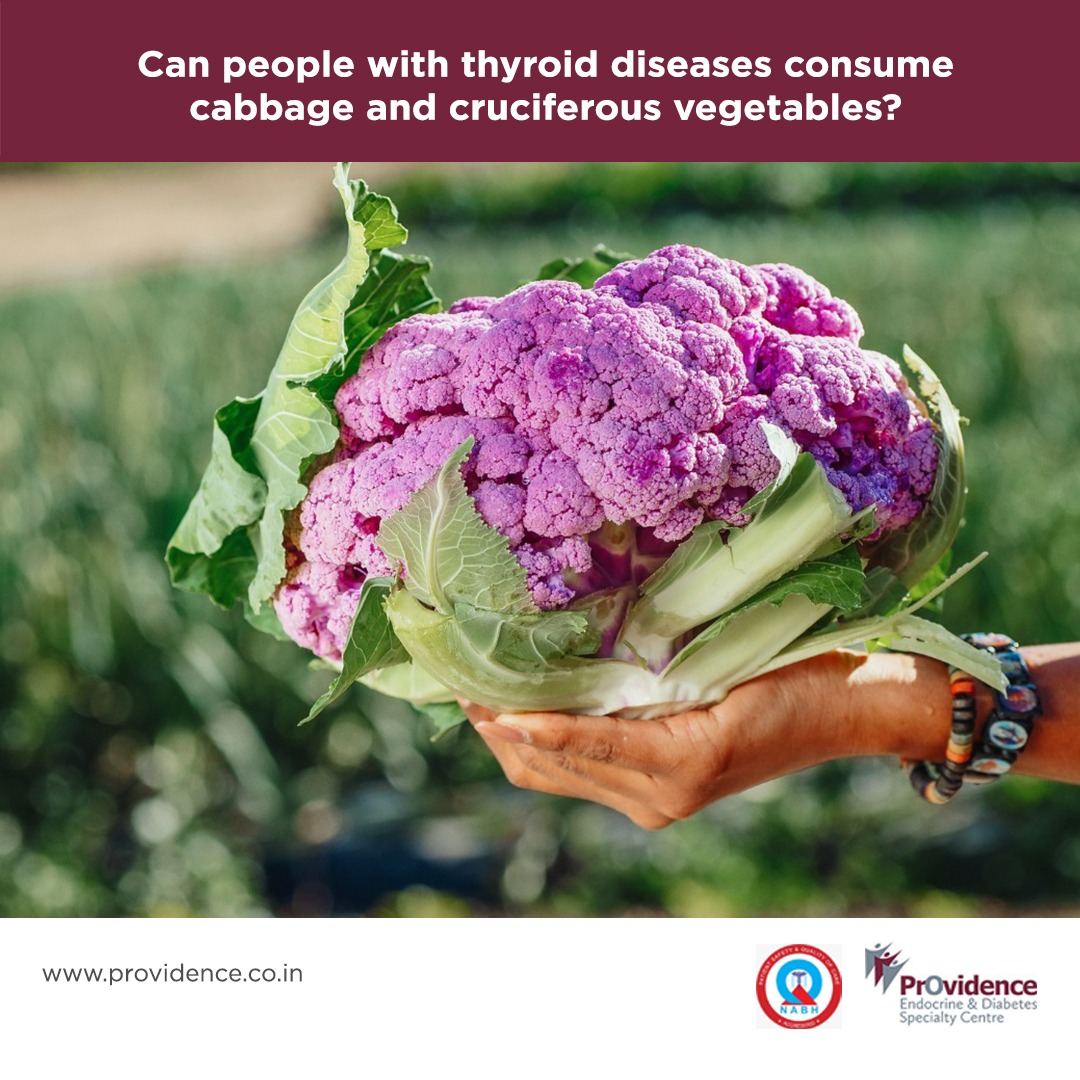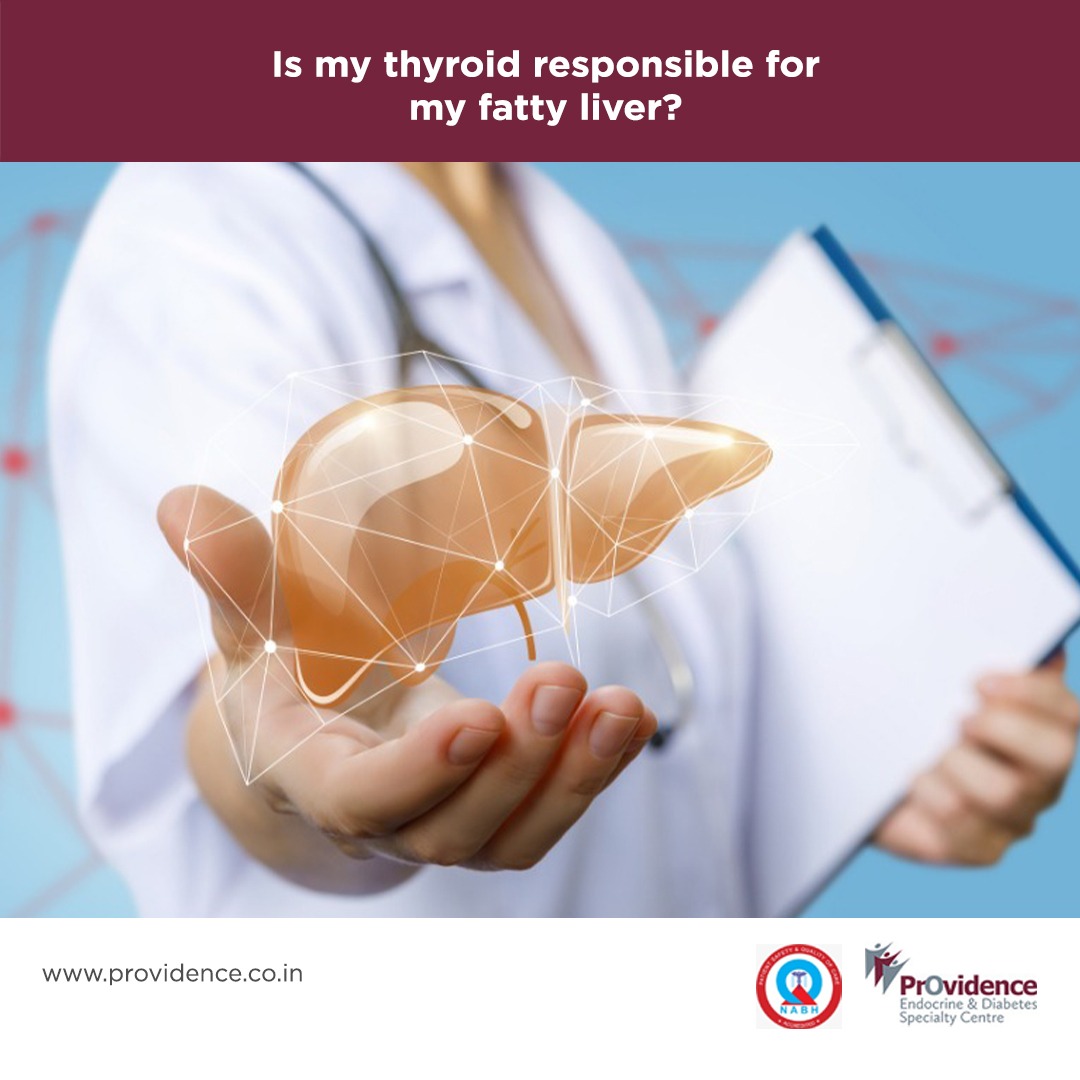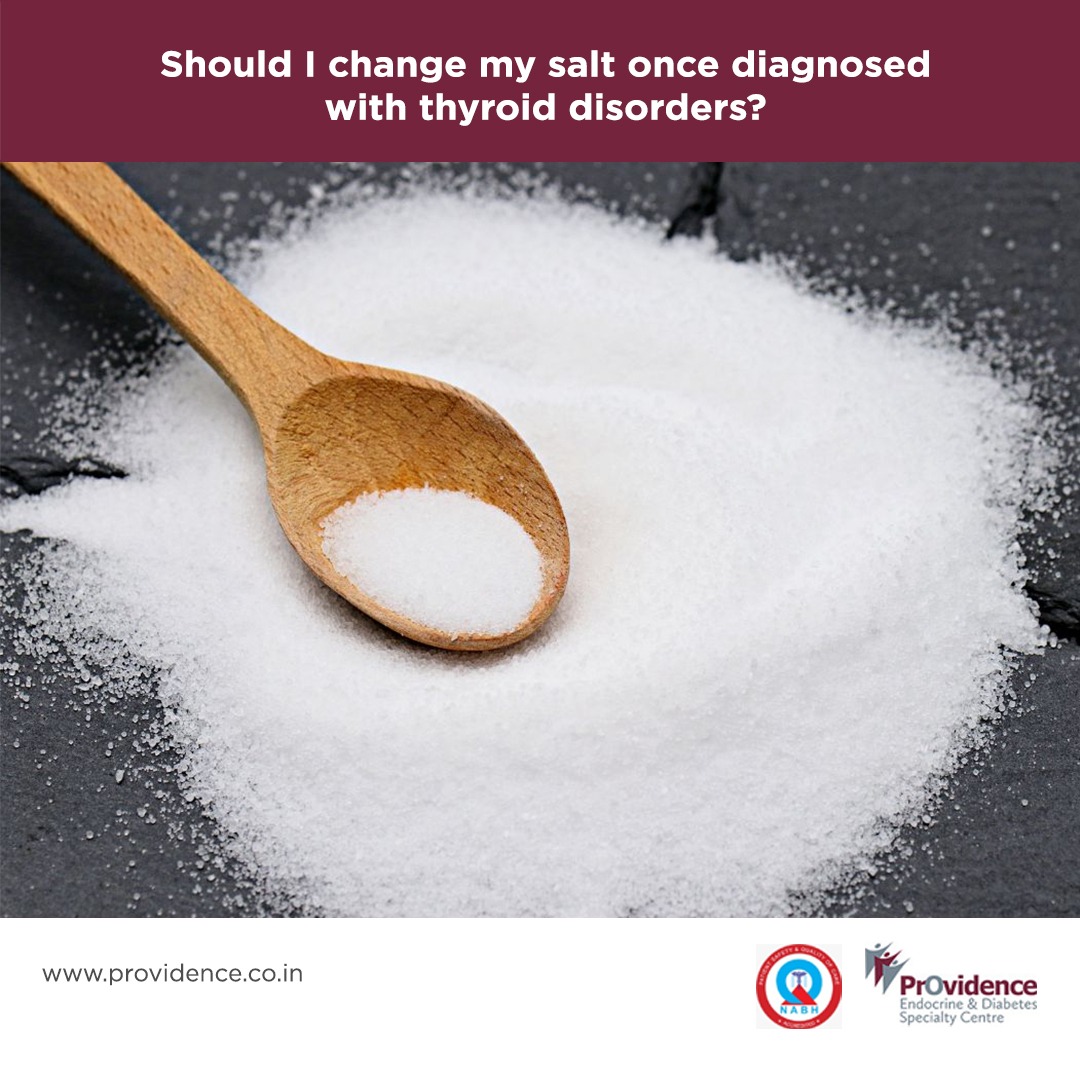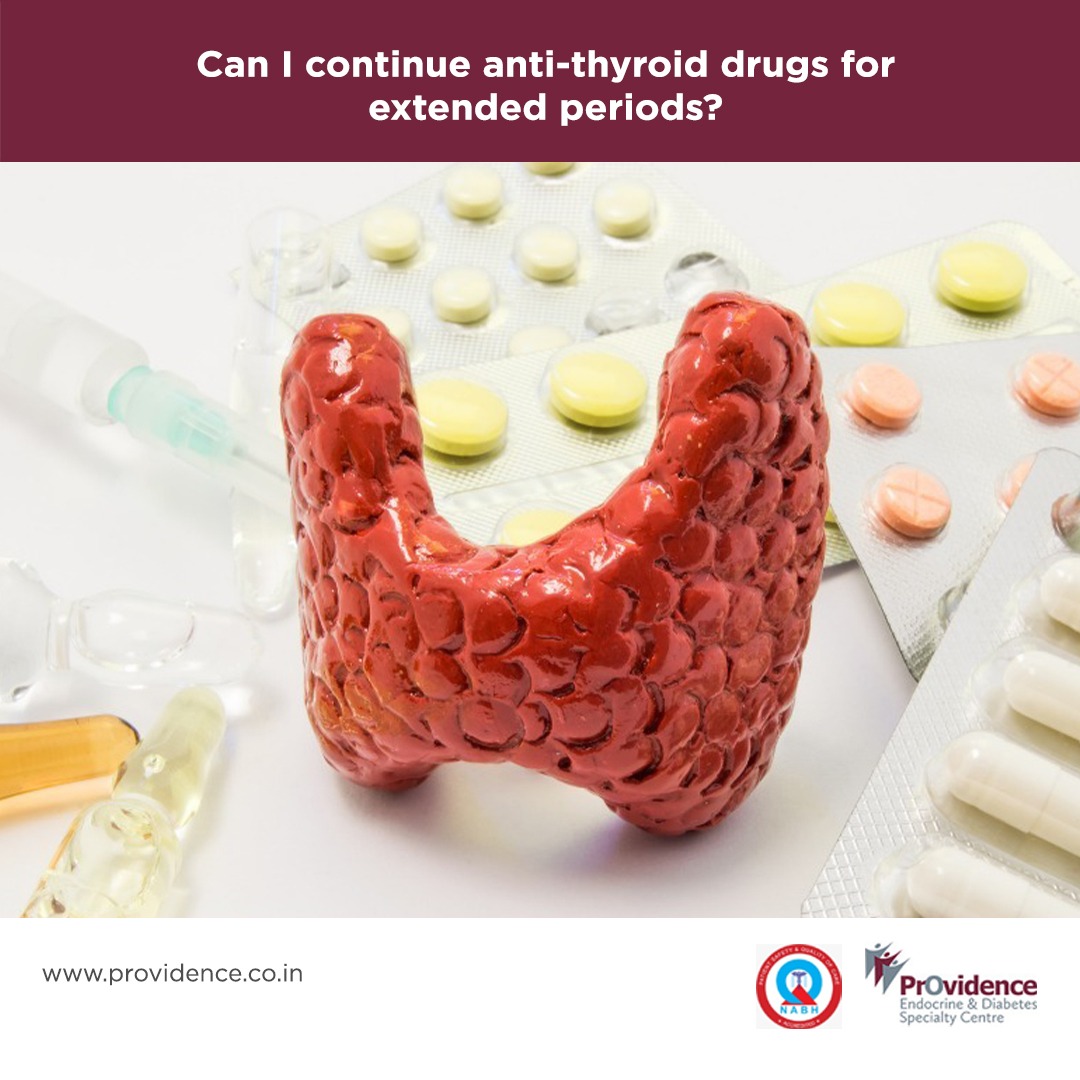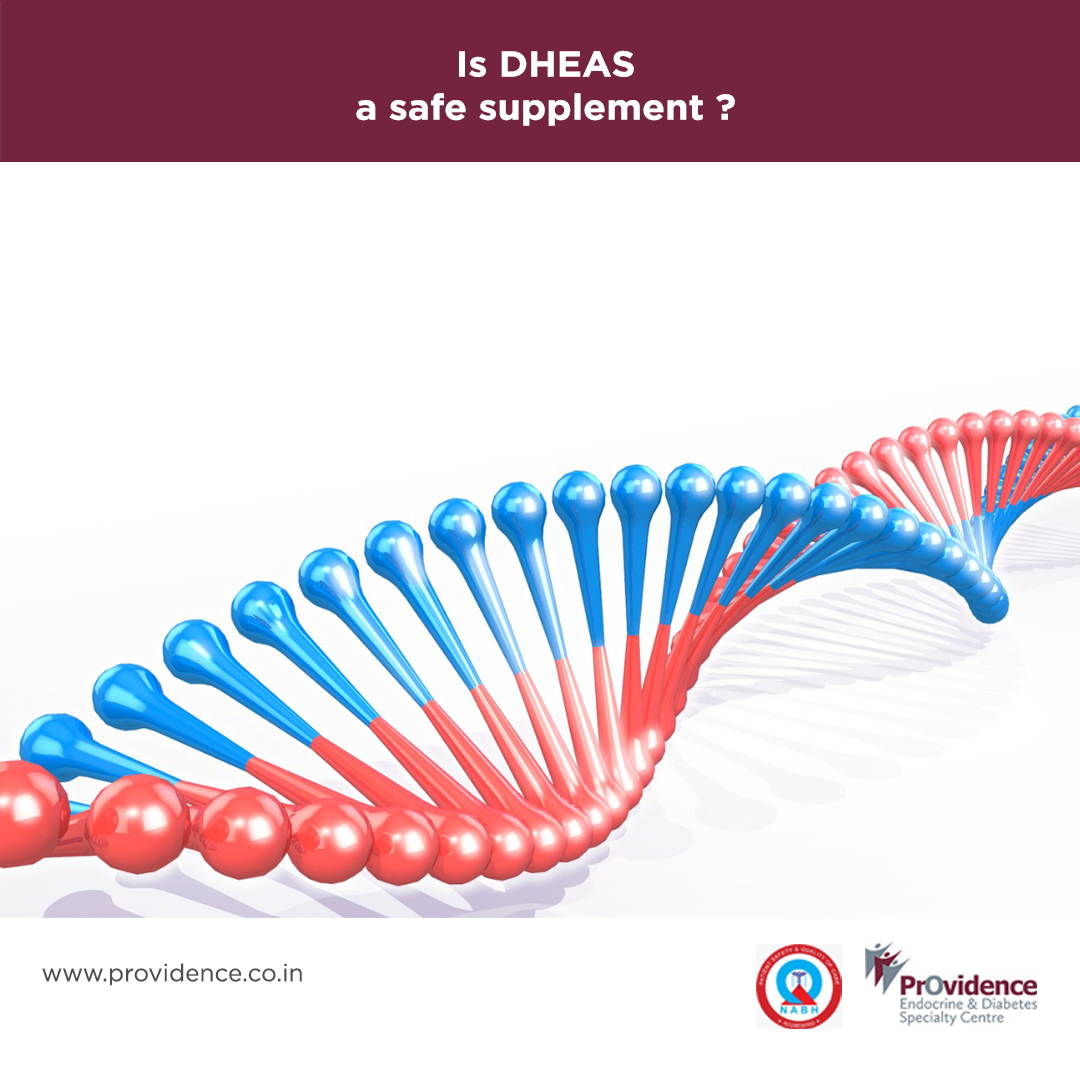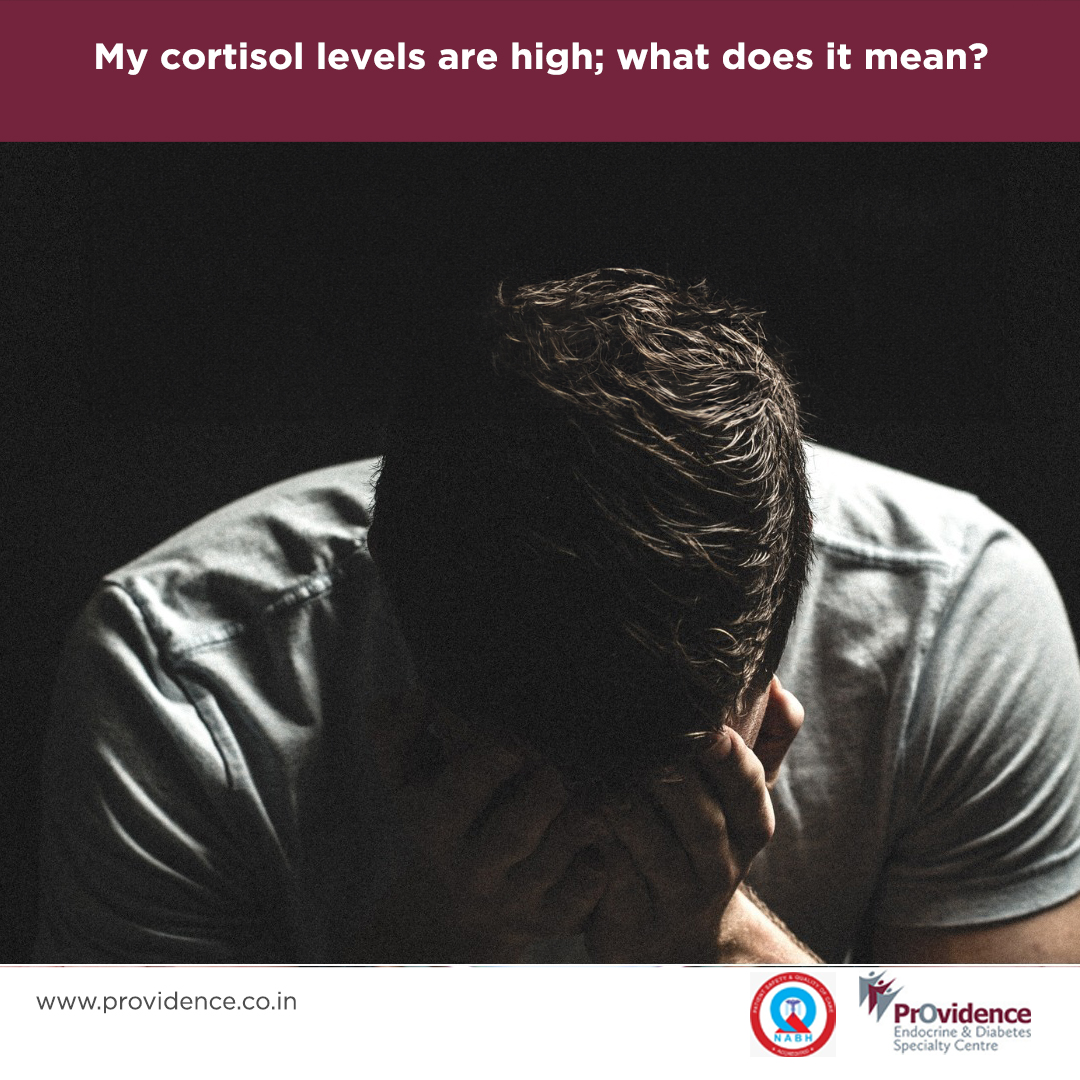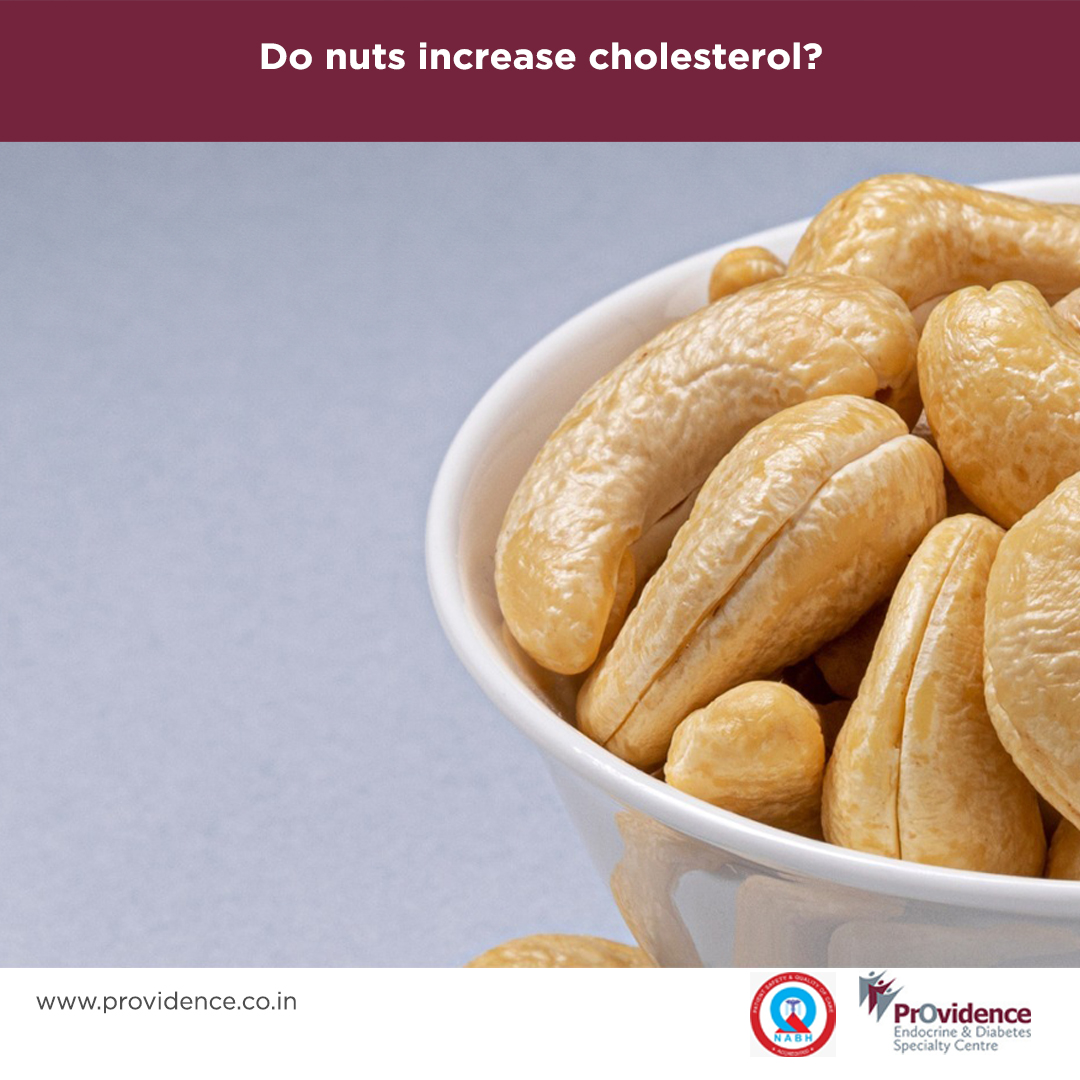This is one of the most commonly asked questions by people with thyroid diseases. The answer is “ YES ”, cabbage and cruciferous vegetables like cauliflower, Brussels sprouts, and kale can be consumed, but in moderation.
Cruciferous (brassica) vegetables contain many healthy nutrients, including phytochemicals, with anti-carcinogenic, anti-oxidative, and anti-inflammatory activity. They also contain goitrogens, which can interfere with the thyroid gland’s ability to absorb iodine, which is essential for producing thyroid hormones. Multiple studies suggest that cooking these vegetables significantly reduces goitrogens and is not harmful for most people, even those with thyroid diseases. Cooking cruciferous vegetables (steaming, boiling, sautéing) reduces goitrogenic activity by leaching of glucosinolates into water and inactivation of the enzyme myrosinase.
Recommendations:
• Eat in Moderation : Enjoy cabbage and other cruciferous vegetables as part of a varied diet, rather than consuming large quantities regularly.
• Cook Them : Opt for cooked versions of these vegetables more often than raw.
• Ensure Adequate Iodine Intake : If you have thyroid disease, ensure you are getting enough iodine through your diet (e.g., iodized salt, seafood, dairy) unless your doctor advises otherwise.
• Listen to Your Body : Pay attention to any symptoms that might arise after consuming these vegetables and discuss them with your doctor or a registered dietitian.
• Consult Your Doctor : If you have a thyroid condition, it’s always best to discuss your diet with a qualified registered dietitian. They can provide personalized advice based on your specific condition and needs.
Mrs. Sreekutty.S, MSc



